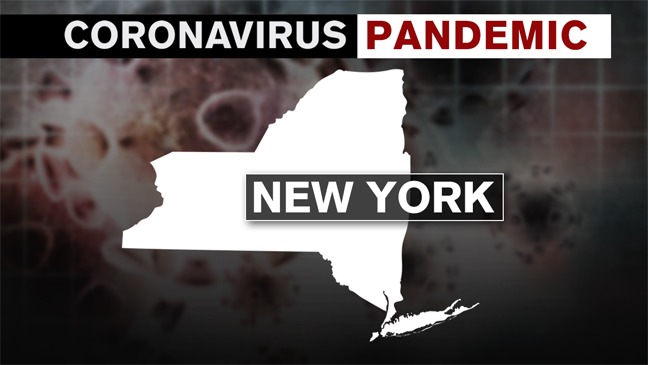In late June the NYCRIB released a research brief on understanding and estimating the impact of COVID-19 claims.
Introduction
The COVID-19 pandemic has devastated our communities, brought personal tragedy to many, and wreaked havoc on our economy. New York State’s unique experience has been driven by the breadth of virus transmission throughout its downstate metropolitan region, New York City, which is the most densely populated American city with approximately 27,000 people per square mile. While managing a pandemic in a dense urban area presents a myriad of complexities, the New York State workers’ compensation system will undoubtedly be called upon to compensate workers infected with the COVID-19 disease in the course of employment.
The purpose of this study is to provide a framework for understanding and estimating the direct impact of COVID-19 claims on medical and indemnity costs in the State’s workers’ compensation system.1 While we also briefly discuss the pandemic’s indirect impact, a detailed analysis is beyond the scope of this research brief. We hope that the information provided in this study will facilitate meaningful and informed discussion, policymaking, and decisions, and we also recognize that while the pandemic continues, its ultimate impact will remain largely unknown. This is so because the number of people infected and the number of COVID-19 claims filed are a function of public orders that have not yet been issued, choices that have not yet been made, behaviors that have yet to manifest, and the timing of scientific discovery that will bring this tragic period to conclusion.
Nevertheless, serious and thoughtful study on the impact of the COVID-19 pandemic cannot wait until the pandemic concludes and all claims and data have been submitted. Accordingly, this research brief relies upon Rating Board data as well as external information, data, and estimates from the New York State Workers’ Compensation Board, the New York State Department of Labor, the Bureau of Labor Statistics, the Centers for Disease Control and Prevention, and published studies on medical treatment patterns and costs. In some instances, this research brief incorporates assumptions based upon conversations with workers’ compensation experts and anecdotal evidence collected by the Rating Board. As more information becomes known and additional data emerges, these assumptions will be refined for use in future research briefs and analyses.
You can find the complete brief here: NYCIRB Releases Research Brief on COVID-19 Impact on State’s Workers’ Comp System
Source: The New York Compensation Insurance Rating Board
Join the Conversation on Linkedin | About PEO Compass
The PEO Compass is a friendly convergence of professionals and friends in the PEO industry sharing insights, ideas and intelligence to make us all better.
All writers specialize in Professional Employer Organization (PEO) business services such as Workers Compensation, Mergers & Acquisitions, Data Management, Employment Practices Liability (EPLI), Cyber Liability Insurance, Health Insurance, Occupational Accident Insurance, Business Insurance, Client Company, Casualty Insurance, Disability Insurance and more.
To contact a PEO expert, please visit Libertate Insurance Services, LLC and RiskMD.

